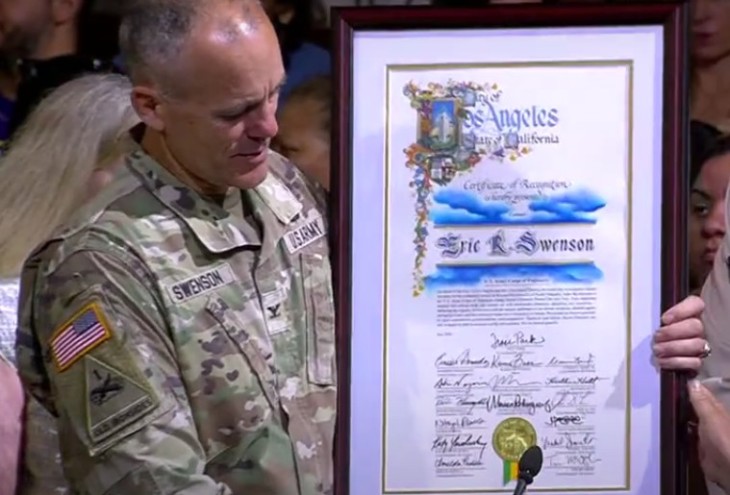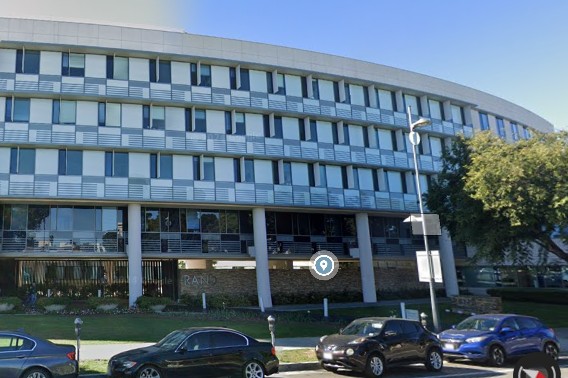By Mark Underwood
In 2012, resolve to use technology as a tool to help run your life rather than being overrun by technology. Have you ever thought that you live in a world where you feel constantly distracted? Do you feel stuck in a maze of technology overload? Are you constantly checking email and voice mail and can’t seem to stay away from one screen or another –TV, videos, or computers for very long?
If that sounds like you, you’re not alone. One in three Americans says they are technologically stressed. For better or worse, daily routines have become ever more entwined with technology.
Living in the fast lane of today’s technological advances has some people feeling like they’re running on empty – every day, all day. You might even feel like a character in Alice in Wonderland. In Lewis Carroll’s famous classic, Alice’s Adventures in Wonderland, the topsy-turvy world of Alice is described in a warning. “You have to run as fast as you can to stay where you are.”
In a recent study conducted by Cambridge University, nearly a third of the study’s participants described feeling overwhelmed or overrun by technology. Keeping up with technology has some people on the run to buy the latest gadgets. Computers continue to get smaller and faster, and with each new product generation, we tend to integrate even more technology into our daily lives.
If too much technology usage is causing continuous stress it’s time to look at how you can adjust the cyber overload in your life. Could spending an inordinate amount of time in front of a computer screen be bad for your health?
An overload of stress can lead to numerous health problems. It can lower immune system response, increase blood pressure, lower productivity, and introduce a menu of other maladies we have all experienced from time to time. As society swirls around a constant stream of information, there is always a deluge of sources, from thousands of TV channels to billions of internet pages. Today’s society is an age of search engine results sent to computers within a quarter of a second. Alice in Wonderland could understand why so many of us feel overrun and lost.
How best to manage technology-related stress and how do you cope with stress of keeping up with the ever-changing world of cyber space? One word: triage. There is simply too much to do and too much to learn to tackle at once. Our lives are busy enough without adding the stress of technology.
Triage means prioritization to make sure the biggest problems (and usually the most stressful) are taken care of before moving on to less important concerns. We have to cultivate a relationship with technology, and identify our strengths and stressors.
Look at decreasing cyber stress this way:
• Faster is not always better, especially if you are left behind!
• Sidewalks are not highways
• You can triage away your tech stress
Take time to think what may be causing you stress. Remember that computer technology is all about making things work faster. It’s up to you to slow down and evaluate what you need to alleviate the stress.
Narrow your scope on the worldwide web. Instead of being inundated by information and trying to handle it all, narrow your web browsing to a more comfortable selection. This is the sidewalk view versus the highway view.
The great benefits of the information age come with costs. We must be good managers of our time and set aside energy for computers, technology, and by-products of stress from such work. Change is an essential aspect of technology. Change is often stressful for many of us.
In general, technology should be making your daily life a little bit easier-not the other way around. Setting goals for how much you want to learn or undertake is a good strategy for not becoming overwhelmed. Limit yourself to incorporating new technology slowly. This way you won’t clutter up your already crowded mind with an unfamiliar, unlearned task. Take your time, ask for help, and go outside-and watch out for rabbit holes!
Mark Underwood is a neuroscience researcher, president and co-founder of Quincy Bioscience, a biotech company located in Madison, Wisconsin focused on the discovery and development of medicines to treat age related memory loss and the diseases of aging. Mark has been tapped as an expert in the field of neuroscience for The Wall Street Journal Morning Radio, CBS and CNN Radio among others. Mark is also a contributor to the “Brain Health Guide” which highlights the research at Quincy Bioscience and offers practical tips to help keep health brain function in aging. For more articles and tips for healthy aging, visit www.TheGoodNewsAboutAging.com.

























